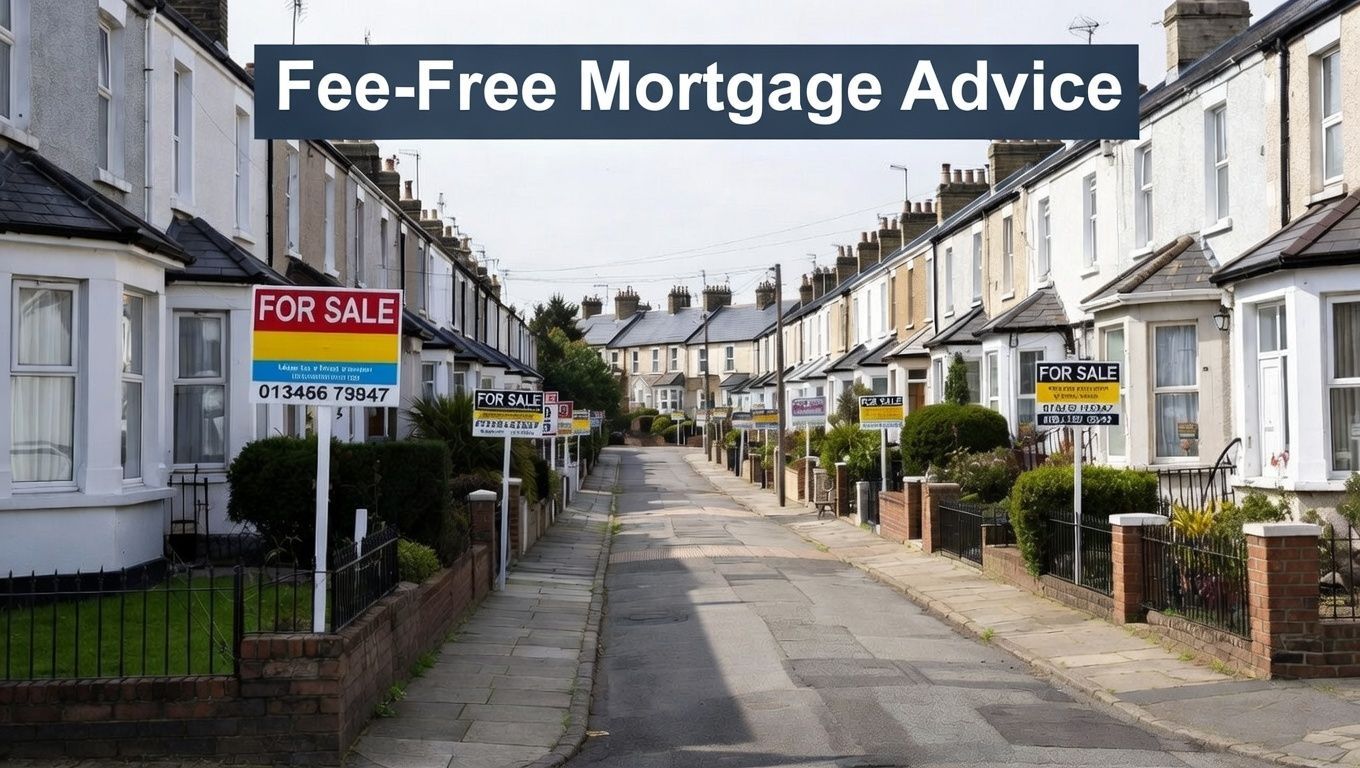When Should I Remortgage?
When Should I Remortgage?
Remortgaging can save you thousands, but knowing when to do it is just as important as finding a good deal.
What is remortgaging?
Remortgaging means switching your mortgage to a new deal – either with your current lender or a new one. Most people remortgage to save money, borrow more, or lock in better terms.
You don’t have to move house to remortgage. It’s simply about getting a new mortgage on the home you already own.

When should I start thinking about it?
Ideally, six months before your current deal ends. That’s when many lenders let you secure a new deal. Starting early gives you time to explore options and avoid falling onto your lender’s Standard Variable Rate (SVR).
Your SVR is usually higher than your fixed or tracker rate and can change without warning. Many people are surprised at how much their payments jump when their deal ends.
Can I switch sooner than that?
Yes – but be careful. Switching early might trigger early repayment charges (ERCs). These fees can be expensive, depending on your current deal. Some lenders allow ‘product transfers’ early without a fee, but this varies. A good mortgage adviser can help you check this and avoid costly mistakes.
Even if you can’t switch just yet, you can often lock in a new deal to start when your current one ends.
What if rates are rising?
This is a common reason people look to remortgage early. If interest rates are expected to rise, it might make sense to secure a new rate now. You can apply months in advance and protect yourself against future increases.
If you lock in a rate but change your mind, many deals offer a ‘cooling off’ period or flexibility to switch again before completion.

Can I remortgage to borrow more?
Yes – many people do this to fund home improvements, help children onto the property ladder, or consolidate debt. If you have enough equity in your home, you may be able to borrow at a much lower rate than personal loans or credit cards.
Your lender will assess your income, outgoings, and credit score before agreeing. If you’ve missed payments or taken on new debt, this could affect your chances.
How do I find the best deal?
You can search comparison sites, go direct to a lender, or speak to a mortgage adviser. Many people prefer to use a fee-free, whole-of-market adviser who can access deals not available to the public.
They’ll help you compare true costs – including fees – and advise on when to apply. This can be especially helpful if your circumstances have changed since your last application.
What documents will I need?
Typically:
- Payslips and P60 (or tax returns if self-employed)
- Bank statements
- Proof of ID and address
- Your current mortgage statement
Some lenders may ask for extra paperwork, especially if you’re borrowing more or your income is complex.
What if I’m tied into a long-term deal?
If you’re tied in and the ERCs are high, it may not be worth switching just yet. But it’s still a good idea to check where the market’s heading. You can plan ahead and be ready to act as soon as you’re within the right timeframe.
You might also explore porting your mortgage if you're moving house, or doing a product switch with your current lender to avoid ERCs.
Quick signs it might be time to remortgage:
- Your fixed rate ends in the next six months
- You’re moving onto your lender’s SVR
- Interest rates are rising
- You want to borrow more
- You want to reduce your monthly payments
- Your current deal no longer fits your needs
Final thought
Remortgaging isn’t just about saving money – it’s about being in control. Don’t wait until your deal ends to take action. A timely review could help you avoid higher costs and secure peace of mind for the years ahead.
Frequently Asked Questions
1. Can I remortgage if my fixed rate hasn’t ended yet?
Yes, but you might have to pay an early repayment charge. Check your current deal’s terms before switching.
2. How much does it cost to remortgage?
Costs vary. You might pay valuation fees, legal fees, and product fees. Some deals offer free legals and no upfront charges.
3. How long does remortgaging take?
It usually takes 4 to 8 weeks. Switching to a new lender can take longer than staying with your current one.
4. Will remortgaging affect my credit score?
Yes, a new application involves a credit check. One check is fine, but multiple failed applications may impact your score.
5. Can I remortgage with bad credit?
It’s possible, but your options may be limited. A mortgage adviser can help find lenders willing to consider your case.
6. Do I need a solicitor to remortgage?
Only if you switch lenders. If you stay with the same lender, legal work is usually minimal or handled in-house
7. Can I increase my mortgage when I remortgage?
Yes. This is known as capital raising and is often used for home improvements or debt consolidation.
8. Is it worth remortgaging if I only save a little?
It depends. Small monthly savings can add up over time. Compare deals including fees to see the full picture.
9. What happens if I don’t remortgage?
You’ll likely move to your lender’s Standard Variable Rate, which is often higher and can increase over time.
10. Can I remortgage to pay off debt?
Yes, but be cautious. You’re turning short-term debt into long-term debt, so it’s worth discussing with a specialist.











